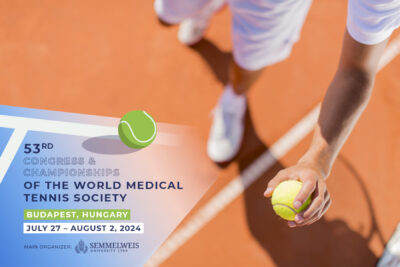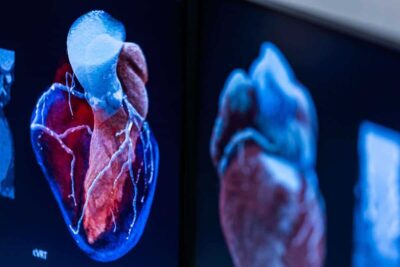Dr. Nándor Szegedi, a member of the winning team and a clinical specialist in the Department of Cardiology, told our website that the competition was a world-wide contest between cardiologists who specialize in cardiac arrhythmias. The ECG competition attracted 500 entries, and after two qualifying rounds, the top ten teams, including Switzerland, France, Israel, India and Egypt, remained in the contest, with Spain coming third, India second and Hungary first.
It is a great honour to represent our country in such an international competition, and winning is a great achievement in the field, as it is not easy to get in the finals out of 500 people in such a crowd
– said the cardiologist. He added that it was also a great pleasure for them that their team was the only one to perform ten out of ten ECGs correctly. According to Dr. Szegedi, the fact that they saw the situation as an everyday consultation rather than a competition helped them to concentrate on the task at hand. “It was a tough challenge, and it took many years of practice to succeed; we were the youngest team, so it was an honour to be able to diagnose so quickly and flawlessly in such a strong field, where the experts from different nations were competing,” he concluded.
He also emphasized the role of the right mentoring background in the victory, namely the head of the cardiology department at the Heart and Vascular Centre, Dr. László Gellér, the team’s mentor, and the clinic’s leader, Dr. Béla Merkely, who helped a lot to reach this high professional level. We also participated in many training courses at home and abroad, which have contributed in improving our skills,” he said.
Rector Dr. Béla Merkely stressed that the ECG has been available for diagnosis since 120 years. “It is considered the foundation of medical practice and is widely used all over the world – which is why it is outstanding that our young cardiologists have become the best at it,” he pointed out, adding that the Semmelweis University team consists of an assistant professor, a teaching assistant and a sixth-year medical student doing his MD-PhD.
The ECG has long been part of the education at the university in the field of Pathophysiology, and at the Heart and Vascular Centre, it was initially taught to young colleagues in an elective form, but now it is part of the compulsory curriculum in the Institute of Translational Medicine (formerly the Institute of Pathophysiology). At the best university in East Central Europe, world champion cardiologists now teach ECG to medical students, which is a particular source of pride
– said the rector.
Bernadett Bódi, Ádám Szabó
Translation: Viktória Kiss
Photo: Dr. Nándor Szegedi



